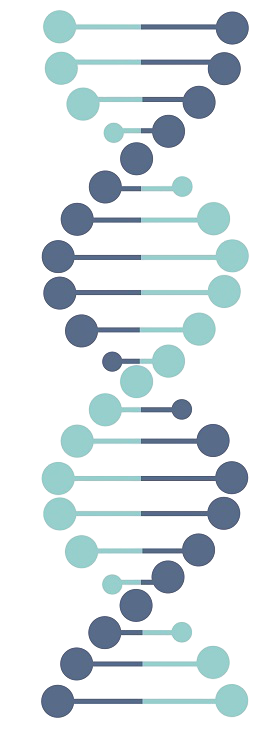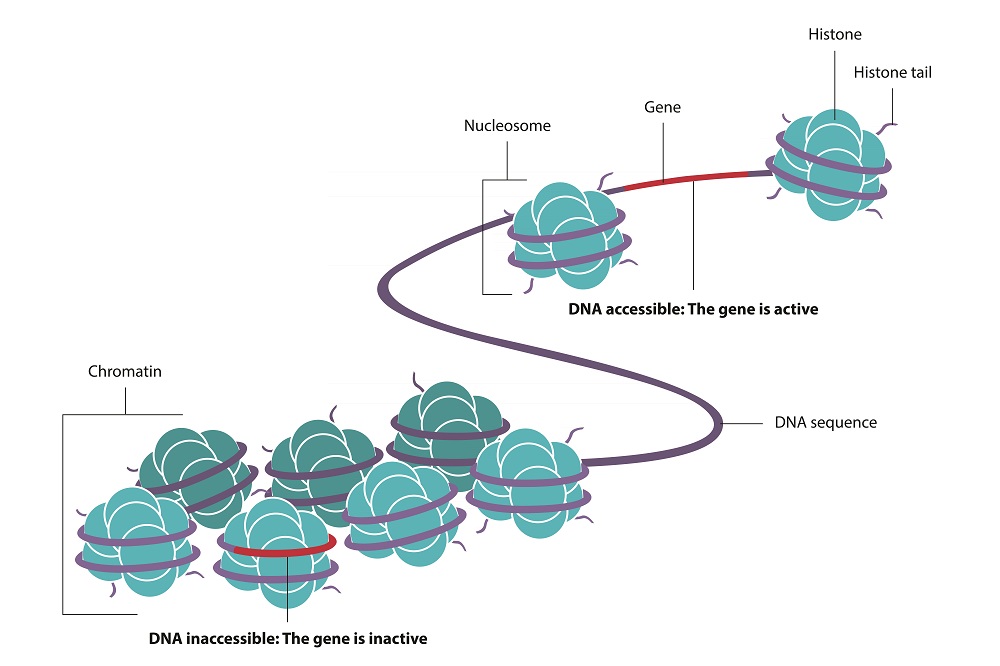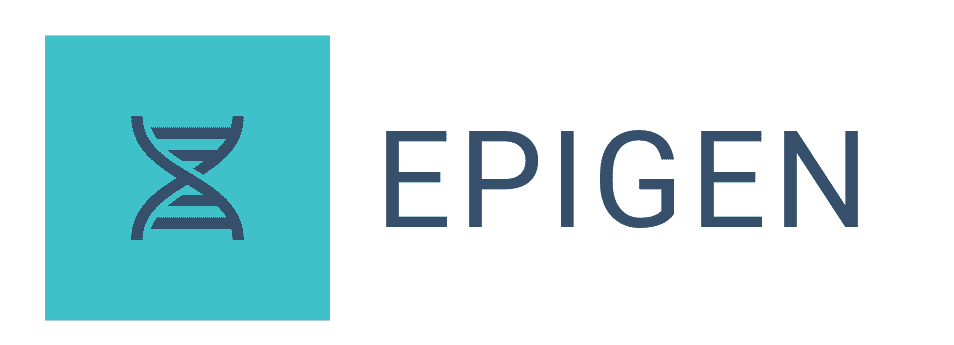Epigenetic risk modeling
We construct epigenetic disease and mortality risk models using powerful Bioinformatic tools.

Almost every cell in our body contains the same set of genes. Still, cells found in different tissues such as neurons and liver cells, are strikingly different. This is due to differences in gene expression, governed by Epigenetics. Epigenetics is the heritable, non-genetic information in cells that affect how and which genes are expressed. Gene expression is mediated by molecular marks covering the surface of DNA and associated proteins (chromatin), such as DNA methylation, histone modifications, chromatin organization, and non-coding RNAs. As opposed to the DNA itself, epigenetic marks are non-stable and they are affected by lifestyle factors such as diet, exercise, stress, and toxins.
With aging, there are distinct changes in the epigenome leading to changes in gene expression. Whether these changes are the drivers or simply the consequences of aging is not known. Nonetheless, Epigenetics was found to be involved in the majority of age-associated diseases such as cancer, diabetes, and neurodegenerative disorders; all of which affect lifespan and the quality of life. Thus, as well as detecting age-associated diseases, epigenetic testing can estimate the rate of aging and the all-cause mortality risk of individuals.

In recent years, epigenetic testing has become more available, affordable, and standardized. Epigenetic testing in medicine can help to establish a diagnosis and determine the right course of treatment, such as identifying the efficacy of a certain cancer drug on the patient. Epigenetic testing will likely also be invaluable for the longevity industry. By assessing the risk of diseases, determining biological age, and detecting lifestyle habits such as smoking and alcohol consumption, life insurance risk calculation will become highly personalized and accurate. At EPIGEN we provide the tools to calculate all-cause mortality risk, biological age, and specific disease risks from epigenetic samples with high accuracy.
